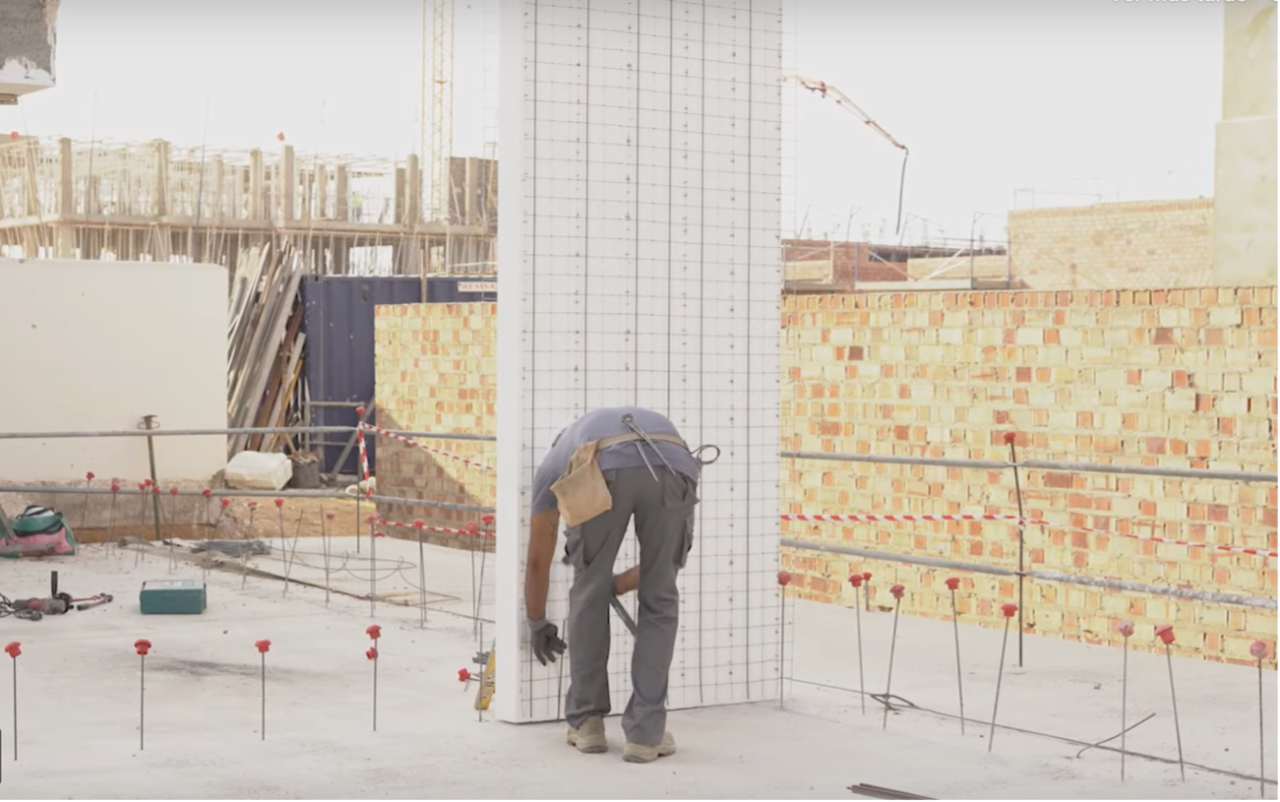
Introduction
Industrialized construction is a revolutionary methodology that seeks to transform the way buildings and infrastructure are constructed. It involves the manufacturing of construction components or modules in a factory, with high standards of quality and precision, and then assembling them at the intended location. This technique is based on process standardization and the use of advanced technologies such as robotics, automation, and virtual reality.
Industrialized construction is its positive impact on sustainability
One of the main advantages of industrialized construction is its positive impact on sustainability. This approach significantly reduces the waste generated compared to traditional construction, as only the necessary components are manufactured. Furthermore, the factory manufacturing process allows for greater control over the materials used, facilitating the implementation of more sustainable practices such as the use of recycled or environmentally friendly materials. Additionally, by optimizing the transportation of prefabricated modules, the emission of greenhouse gases associated with the transportation of construction materials and equipment is reduced.
Quality, another of the strengths of industrialized construction
Quality is another strength of industrialized construction. By taking place in a controlled environment, errors and imperfections that often occur in conventional construction, where climatic factors or limitations of the worksite can negatively affect the quality of the work, are reduced. Prefabricated modules are produced using specialized machinery and highly trained personnel, ensuring greater precision and uniformity in construction. Moreover, by using standardized designs, more rigorous quality control systems can be implemented.
Speed, one of the most outstanding characteristics of industrialized construction
Speed is one of the most notable characteristics of industrialized construction. By manufacturing components simultaneously with the project’s development, construction timelines can be significantly reduced compared to traditional construction. This results in considerable time savings, which is particularly beneficial for projects with tight deadlines or emergency cases. Additionally, factory construction allows for greater resource efficiency as multiple construction stages can be carried out in parallel.
Industrialized construction, safety guarantee
Industrialized construction ensures safety. Safety is a fundamental concern in any construction project, and industrialized construction offers significant improvements in this aspect. By conducting the majority of the work in a controlled environment, risks associated with adverse weather conditions, access to hazardous areas, or the handling of heavy equipment at heights are reduced. Furthermore, standardized processes and specialized training contribute to minimizing the risks of work-related accidents.
Conclusions
In conclusion, industrialized construction is an innovative solution that offers numerous advantages in terms of sustainability, quality, speed, and safety. Its sustainable approach reduces waste and emissions, while controlled manufacturing guarantees high-quality and precise construction. The ability to accelerate construction timelines and enhance safety makes industrialized construction an attractive alternative in the construction industry, with the potential to transform the sector towards a more efficient and sustainable future.



